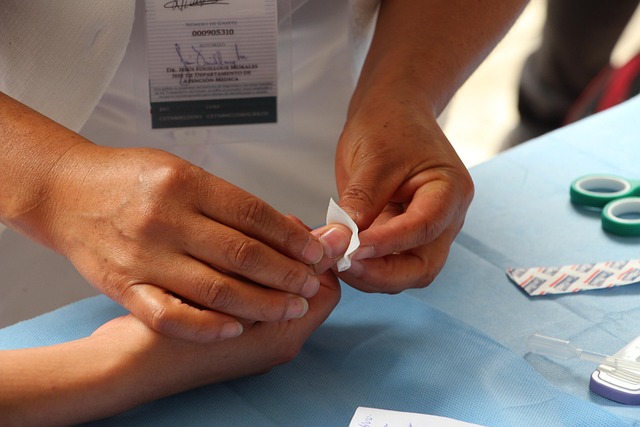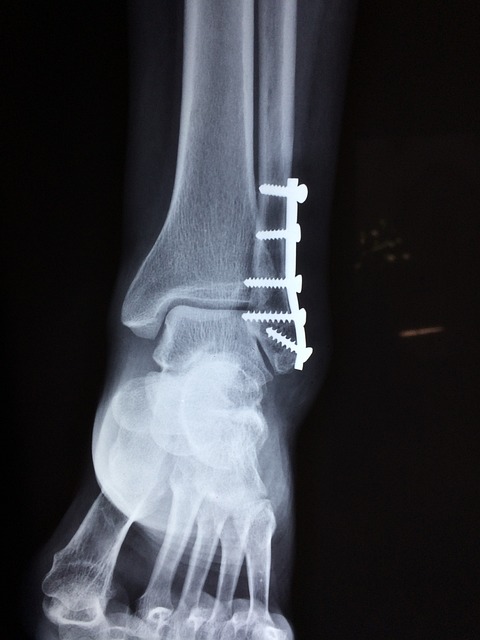Colon Cancer Treatment Choices: A Practical Guide
Discover the modern options for treating colon cancer, from surgery and chemotherapy to targeted drugs and immunotherapy. This comprehensive guide explains when each approach is used, common side effects, and how multidisciplinary teams tailor care. Learn about follow-up strategies, supportive measures, and advances that are improving outcomes for patients facing colon cancer.

Overview of Colon Cancer Treatment
Treatment for colon cancer now involves a range of strategies customized to the tumor stage, biology, and the patient’s overall health. A coordinated team—surgeons, medical oncologists, radiation specialists, radiologists, pathologists, dietitians, and supportive-care providers—collaborates to design the most effective plan. Options include surgery, systemic therapies such as chemotherapy, targeted agents, and immunotherapy, plus radiation in select situations. Advances in precision medicine and supportive care have steadily improved survival and quality of life.
Role of Surgery
Surgery remains the cornerstone for early-stage colon cancer and often provides a chance for cure. Procedures typically remove the tumor along with a margin of healthy tissue and nearby lymph nodes. Minimally invasive techniques, when appropriate, can shorten recovery and reduce pain. For more advanced disease, surgery may be combined with other treatments to control symptoms or remove isolated metastases.
Chemotherapy: When and How It’s Used
Chemotherapy is central for many patients, particularly those with stage III disease and some stage II or IV cases. It can be given before surgery (neoadjuvant) to shrink tumors and improve operability, or after surgery (adjuvant) to eradicate microscopic cancer cells and lower the risk of recurrence. Common regimens include 5-fluorouracil (5-FU), oral capecitabine, and combination treatments that add oxaliplatin. These drugs disrupt cancer cell growth but also affect rapidly dividing healthy cells, so side effects such as fatigue, nausea, neuropathy, and reduced blood counts are possible. Oncologists tailor drug choice and dosing based on disease factors and patient tolerance.
When Radiation Is Considered
Radiation therapy is used less often for colon cancer than for rectal cancer, but it may be appropriate in specific situations—such as locally advanced tumors that threaten adjacent structures or when cancer has spread to nearby tissues. Radiation is frequently paired with chemotherapy (chemoradiation) to increase effectiveness. Modern radiation techniques, like image-guided and intensity-modulated radiation therapy, aim to concentrate doses on tumor tissue while sparing healthy organs, reducing long-term side effects.
Targeted Therapies and Immunotherapy Advances
Targeted therapies and immunotherapies have changed treatment landscapes for certain patients with advanced or metastatic colon cancer. Targeted drugs inhibit specific molecules or pathways that fuel tumor growth—for example, bevacizumab targets blood-vessel formation, while cetuximab interferes with signaling pathways in tumors that overexpress certain receptors. Testing tumor genetics helps identify patients most likely to benefit.
Immunotherapy leverages the patient’s immune system to attack cancer cells; it has shown durable responses in tumors with particular molecular features such as high microsatellite instability (MSI-H) or mismatch repair deficiency (dMMR). Immune-related side effects differ from chemotherapy and can include inflammatory symptoms affecting the skin, gut, liver, or endocrine organs. Close monitoring and prompt management are essential.
Monitoring and Managing Side Effects
Proactive side-effect management is vital for keeping patients on treatment and preserving quality of life. Care teams monitor blood counts, organ function, and symptoms through regular clinic visits and testing. Supportive measures include anti-nausea medications, growth factors to boost blood cells when needed, pain control, and treatments for neuropathy. Nutrition counseling helps manage appetite and weight changes, while mental health support addresses anxiety and coping during the treatment journey.
Recovery, Follow-Up, and Surveillance
After active treatment, ongoing surveillance aims to detect recurrence early and manage late effects. Typical follow-up includes periodic blood tests (including tumor markers when appropriate), cross-sectional imaging, and scheduled colonoscopies. The frequency and type of follow-up depend on initial stage and individual risk factors. Rehabilitation, lifestyle modification, and secondary prevention strategies—such as smoking cessation, healthy diet, and exercise—support recovery and long-term health.
| Treatment Option | Average Duration | Common Side Effects | Typical Application |
|---|---|---|---|
| Surgery | 2–4 hours (procedure) | Pain, temporary bowel changes | Early-stage definitive treatment |
| Chemotherapy | 3–6 months (common adjuvant courses) | Nausea, fatigue, hair loss, low blood counts | Stage III–IV disease, adjuvant or neoadjuvant |
| Radiation | 5–6 weeks (typical course) | Skin irritation, fatigue | Selected locally advanced cases |
| Targeted Therapy | Ongoing while effective | Skin reactions, hypertension | Advanced or metastatic disease with specific markers |
| Immunotherapy | Varies by protocol | Fatigue, flu-like symptoms, immune-mediated effects | Selected advanced cases (e.g., MSI-H/dMMR) |
Prices, rates, or cost estimates mentioned in this article are based on the latest available information but may change over time. Independent research is advised before making financial decisions.
Choosing the Right Plan and Final Notes
Decisions about colon cancer treatment are personalized. Tumor stage, molecular characteristics, patient comorbidities, and personal preferences all guide therapy selection. Ask your care team about the goals of each treatment, expected benefits, possible side effects, and strategies to manage complications. Second opinions and discussion at multidisciplinary tumor boards can help clarify complex cases.
This article is for informational purposes only and should not be considered medical advice. Please consult a qualified healthcare professional for personalized guidance and treatment.




